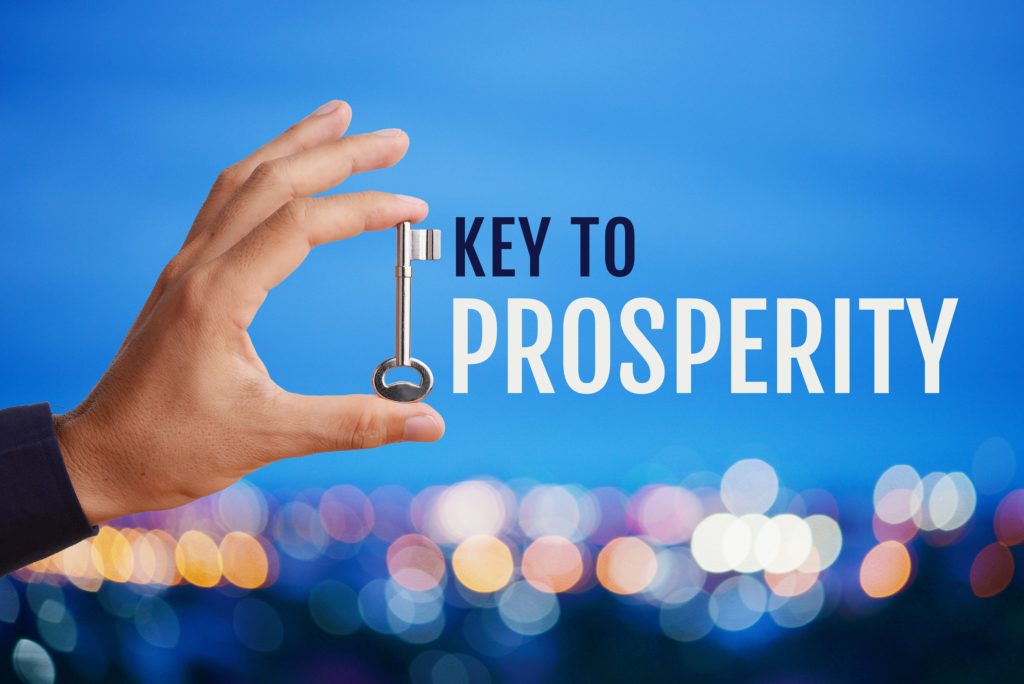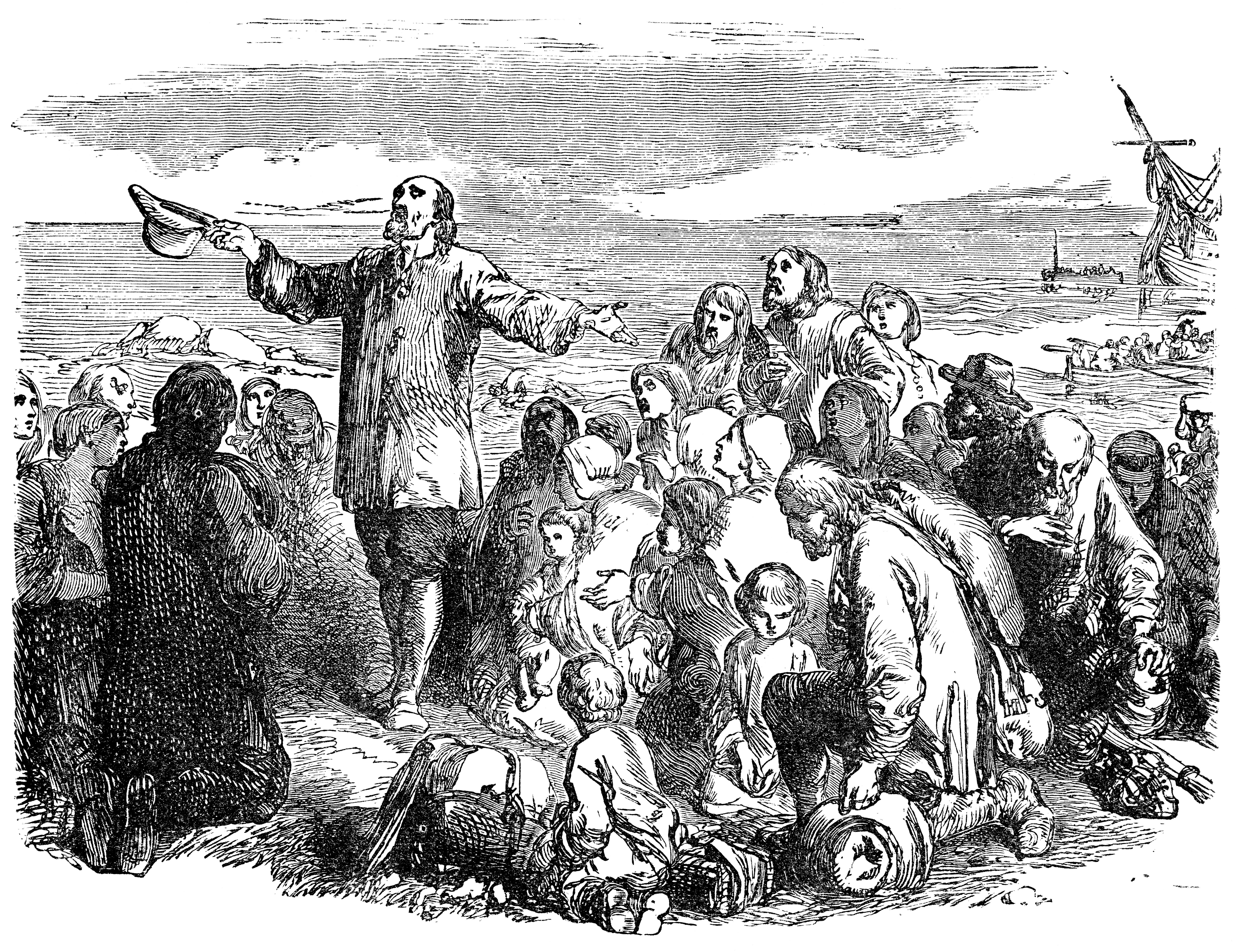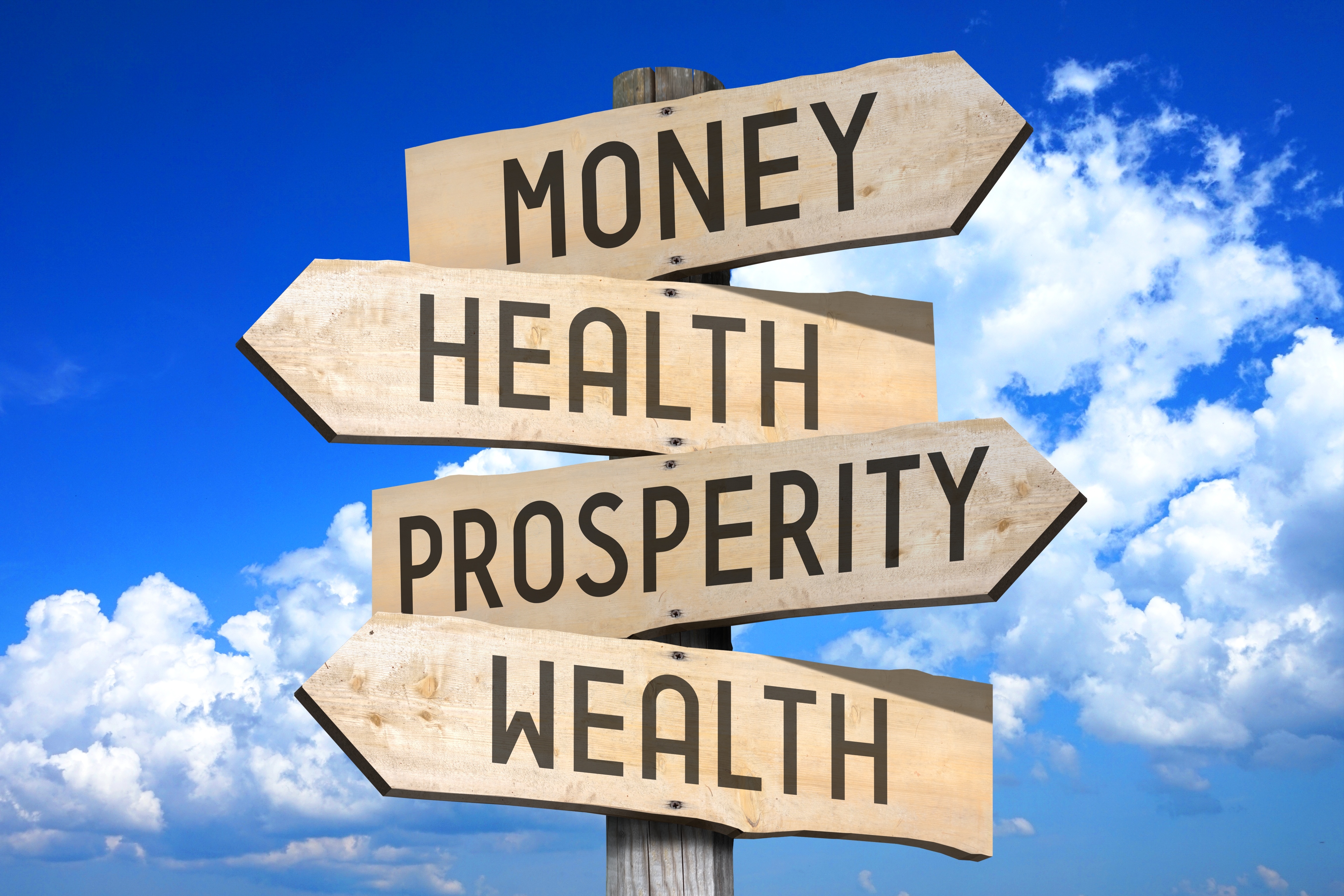Is there something wired into our brain that makes us distrust capitalism? That makes us skeptical of economic success?

Imagine we could convert the 300,000 year history of Homo sapiens into a 24 hour clock. We could divide the time on that clock into the most recent one minute and the previous 23 hours 59 minutes.
Up until one minute ago, almost every person on the planet was terribly poor. The rare rich person got that way by stealing stuff from the poor. A Viking Jarl or King got that way by plundering the English, Irish, Frankish, or Slavs. The well-to-do in the Roman era stole from conquered countries or lived in luxury on the backs of their abundant slaves.
It has only been in the last minute (meaning the last 200 years) that widespread wealth and prosperity has emerged. That corresponds to the beginning of the Industrial Revolution, if you’re looking for some link and cause.
What is the major difference before and after one minute ago?
(more…)



